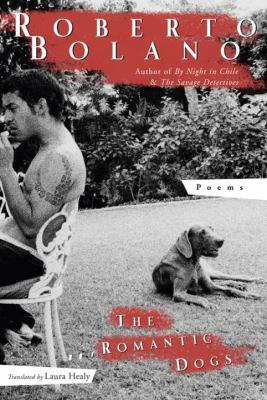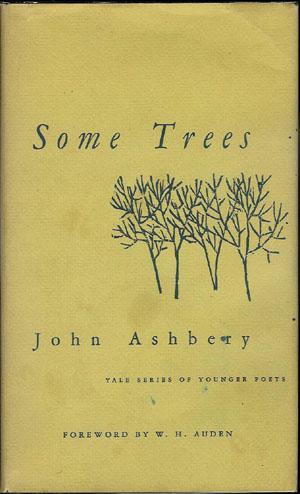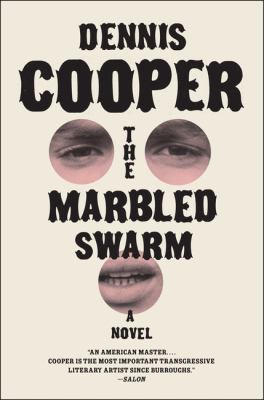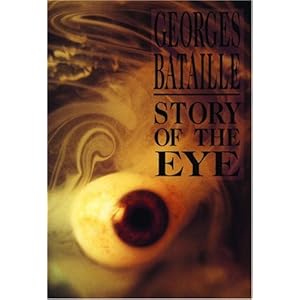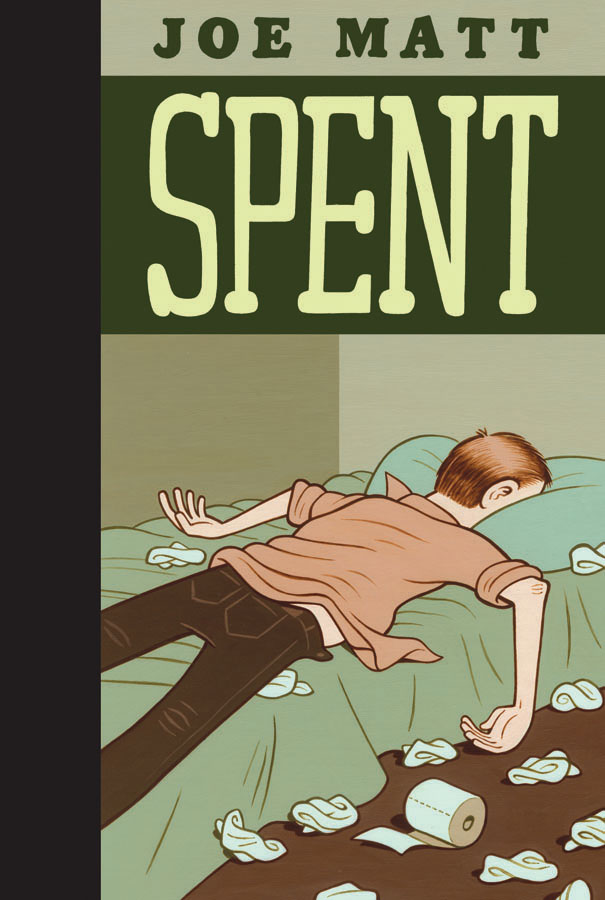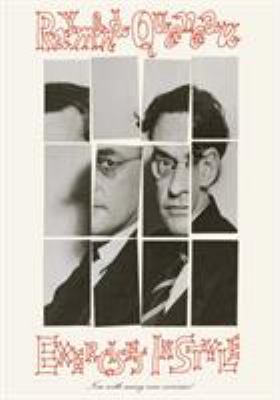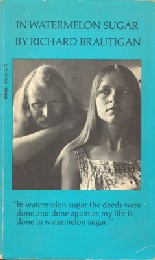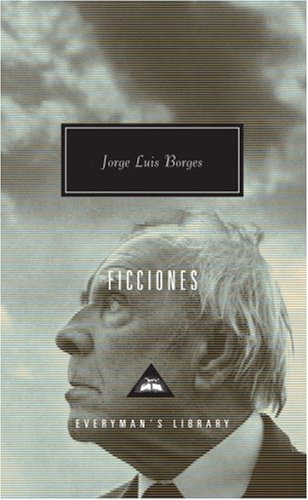TITLE: ABC of Reading
AUTHOR: Ezra Pound
READ: November
THOUGHTS: Always fun to listen to people who speak with great authority, and I think that encompasses a lot of the fun here, though that is not to say that there isn't a lot to learn. Ezra Pound is very funny, very ardent about his ridiculous beliefs, though there is merit to a lot of what he says, of course. I don't want to go through all of the arguments he makes, but it seems that he is arguing, to a large degree, that if there is a form that something encompasses, like a poem form, or a novel form, it has an origin, roots, historical formation, etc. -- and that to truly understand the modern permutation of that form, you have to understand its history, embody it in your own study/reading, and ultimately be able to move forward with that historical knowledge in your own work. What results from that belief, though, are pronouncements like, 'unless you can read Latin, ancient Greek, Provencal (n.b. - what the fuck is that lol), archaic Italian, and old(e) English, you can't REALLY understand poetry, you can only pretend to.' Which is of course very funny, completely ridiculous, whatever. I understand what he is saying, though of course there is, within all of this, a gigantic assumption made about literature, that is, that just because Homer wrote some words and it was called 'literature' and fucking some other guy (let's say, James Joyce) wrote some words and caled it 'literature' that they are somehow the same thing. Here, I am perhaps transgressing beyond 'my thoughts on this book' into 'my thoughts on the history of literature and why Ezra Pound is an idiot sort of', but I think that given the confluence of influence re: that context seemingly determines even the language surrounding how to describe something, literature for Homer, James Joyce, and Dennis Cooper all mean incredibly different things, as all of those people exist(ed) in incredibly different worlds, to the extent by which calling everything Literature as if there was some sort of metaphysical unity that the written word has been beholden to might be a bit of stretch, if not completely ignorant of the discursive bullshit that allows you to think the way you do (up is up, down is down, etc.). Despite the fact that I disagree with Pound on probably more than less, reading this is a bit of a window into that time period's criticims and thought, and perhaps explains a bit of the proclivities people like Pound, Eliot, and Joyce were so fond of that appear so snobbish and embarrassing by today's standards (to me). It was very fun and informative to read, and I enjoyed reading it throughout.

